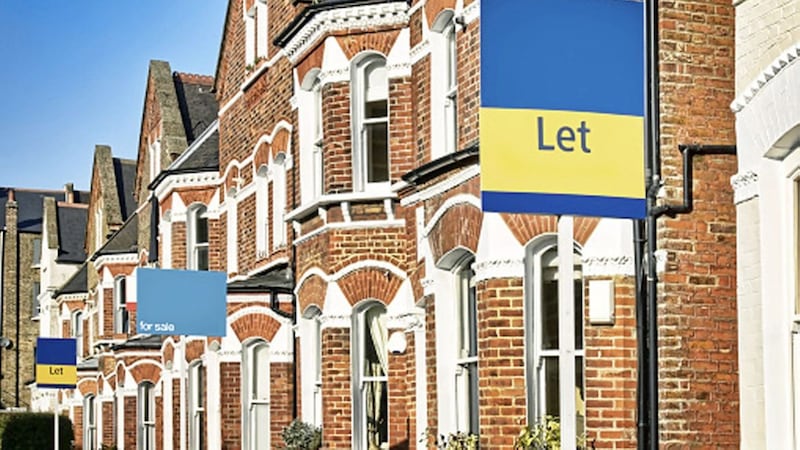SPLITTING Ulster Bank from the rest of Royal Bank of Scotland (RBS) would be too costly, according to an influential ratings agency.
British Chancellor George Osborne has ordered a review into breaking up the majority state-owned RBS, with investment bank Rothschild due to report back in the autumn.
But Fitch Ratings said splitting out and fully nationalising the bank's toxic assets - such as UK commercial property and Ulster Bank - could pile more debt onto the state and is unlikely to happen.
Ulster Bank is considered the worst performing sector of RBS as it was left laden with bad debt due to the depth of the property crash in Ireland.
Fitch is the latest to slam plans to carve up RBS, after its outgoing boss Stephen Hester said it would be costly and time-consuming, although former Bank of England governor Lord King was an outspoken fan of the proposal.
The ratings agency said RBS's "increasingly robust" balance sheet reduced the benefit of splitting the bank.
Half-year figures showed it swung out of the red with pretax profits of £1.4 billion against losses of £1.7 billion a year earlier - its first two consecutive quarters of growth since 2008.
Fitch said: "A bad bank split is unlikely as we believe the costs, obstacles and uncertainties involved in transferring some assets to a state-run bad bank would exceed the benefits, in particular to the UK government as majority shareholder in the bank and potential acquirer of assets from the bank."
The Government hopes to boost the economy and revitalise RBS by refocusing it on UK corporate and retail banking, and believes hiving off its toxic assets could assist with this.
Fitch did not estimate how much the carve-up could cost, but said it could reduce value for the Government - "one of whose very objectives is to create shareholder value for re-privatisation".
